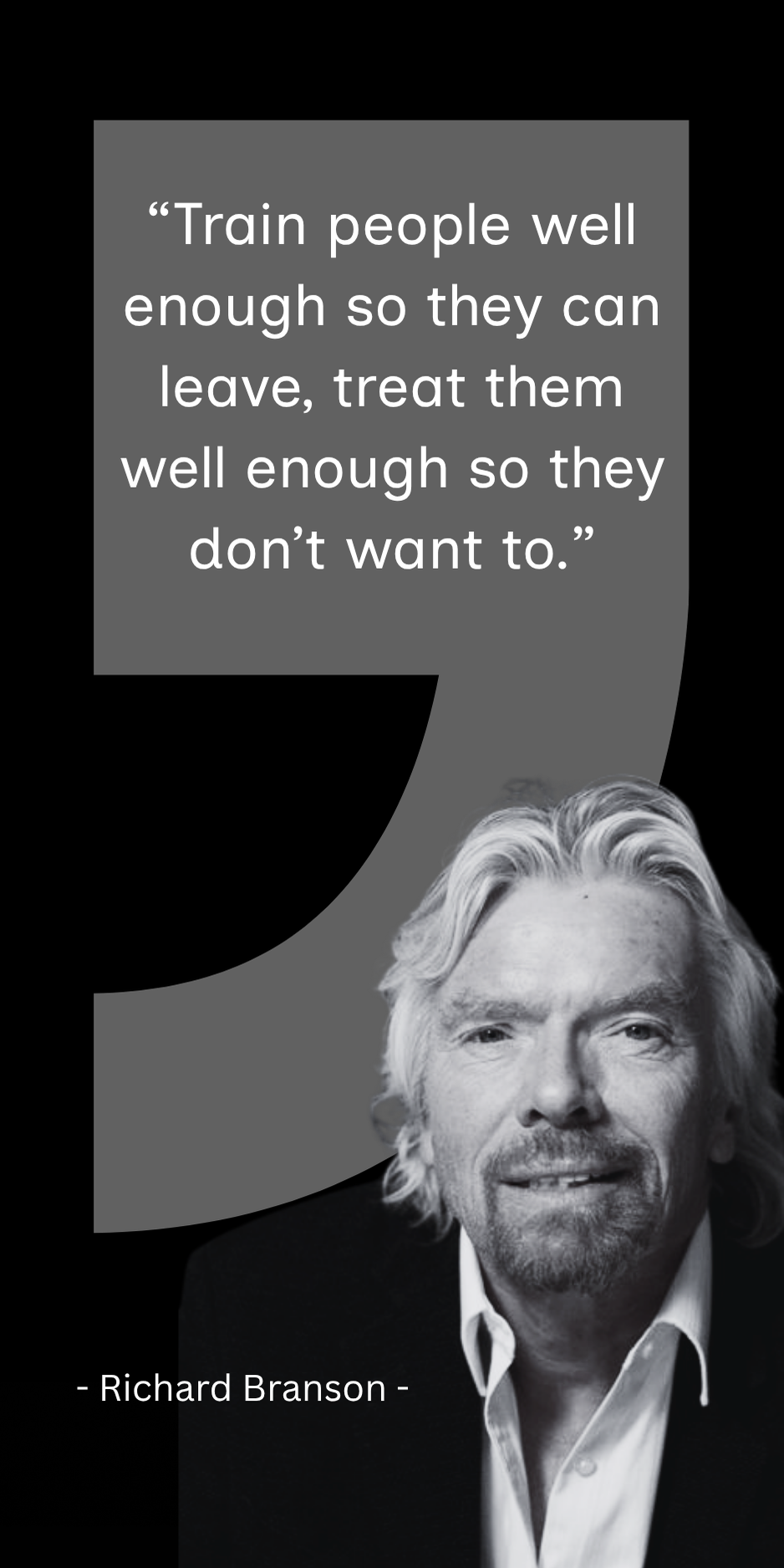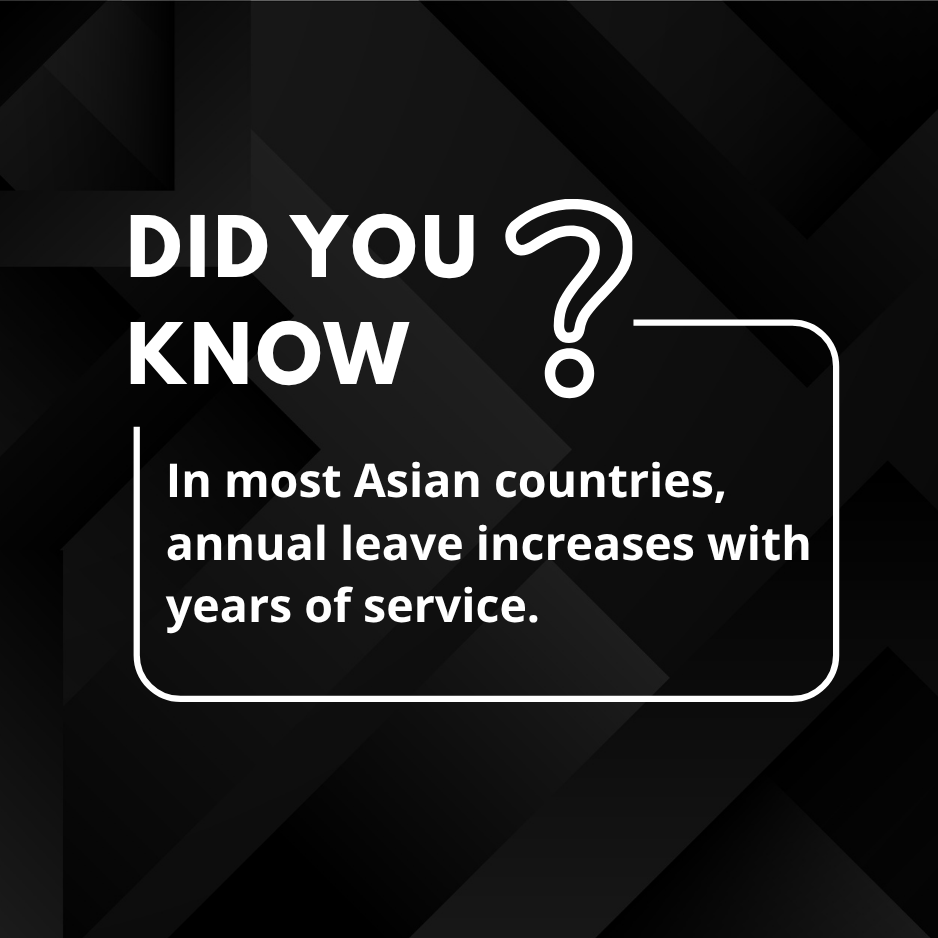Now Reading: Beyond the Plate: Food as a Culture of Connection
-
01
Beyond the Plate: Food as a Culture of Connection
Beyond the Plate: Food as a Culture of Connection

Food in Sri Lanka is never simply for nourishment but an indication of the people’s culture, identity, and community. A meal has always been a people’s way of connecting. Thus, it is easy to see how these cultural practices have become great potential in the workplaces for staff team bonding, morale building, and stress relief.
According to organizational behavior research, informal socializing between co-workers results in stronger teams. Shared meals break down walls, make people more comfortable, and enhance the feeling of participation, especially in different and structured work settings. For HR leaders, food-related customs may seem like small ceremonies; however, they are the main elements of the organizational culture and employee happiness.
The Sri Lankan Way of Eating Together
One of the things that are communal and unique is the way people of Sri Lanka bond through food. When colleagues share a “lunch packet” it is not only a convenience for them but also a way of being united. The simple gesture of giving someone else a portion of your meal signifies sharing and warmth.
Often these “milk tea breaks” in offices, with small snacks, have become micro-rituals where espressos of the conversation, which move beyond work, employees decompress and connect. Kiribath, which is normally made for celebrations, is very often coming to offices during Sinhala and Tamil New Year, an offering of wealth and common starts. Accordingly, hopper nights or kottu parties by workplaces not only create the moments of such delight but also deepen the bonds of interpersonal trust.
These practices are in line with Durkheim’s concept of collective effervescence, when communal ritual (here, meals) reconnects the social bond. Restaurants hold workplaces the gatherings that restart the cultural festival of Sri Lanka in the business world thus, the food becomes an invisible but very effective social bond that connects the streets with the offices and people with people beyond their work.
Food, Belonging, and Workplace Well-Being
Shared meals, from the perspective of HR, are three things at once they provide the psychological functions of belonging, teamwork, and mental wellbeing.
- Belonging – Belonging, as suggested by Maslow’s hierarchy of needs, is one of the primary motivators of human behavior. Meal sharing acts as a vehicle for the feeling of belonging, which is essential especially for those employees who are new. Thus, they are the ones who get the most benefit out of the invitation to lunch or tea since they feel accepted by the group.
- Teamwork – Group eating, therefore, is a tool for building teamwork. Studies in the field of organizational psychology show that communal meals result in people trusting each other more and being more ready to work together (Kniffin et al., 2015). In the collectivistic culture of Sri Lanka, food has become a medium for the integration of the group identity that is stronger than the individual one.
- Mental Well-Being – Food-related breaks are, indeed, restorative. The JD-R model views food rituals at work as “resources” that provide employees with energy, prevent them from feeling stressed, and result in higher commitment. Furthermore, a practice of mindful eating and relaxed dialogue during the meal can help dissipate the tensions at work and create a better emotional climate amongst staff.
Therefore, food in the workplace is just not there on the sidelines, it is the main source through which employees feel that they are connected, energized, and motivated.
Eating as a Team
Several organizations in Sri Lanka have used food as a bond-building tool:
- Tea & Talk Sessions
One Colombo-based IT company came up with the idea of weekly “Tea & Talk” meetings, where people from different departments meet over afternoon tea. According to HR, there was a 20% improvement in cross-departmental collaboration in the six months after the initiative, as measured by project feedback surveys.
- Kiribath Mornings
A bank in Kandy started a “Kiribath Morning” every January, where employees from different backgrounds bring traditional dishes to share. Besides the cultural aspect, employee satisfaction surveys indicated an increase in the perception of inclusiveness and fairness, as all communities had an equal representation, reported HR.
- Cooking as Team Building
One manufacturing company came up with the idea of the “Cook-Off Challenge” where employees were grouped into mixed teams to prepare Sri Lankan dishes. Post-event evaluations showed that the levels of trust among the team and problem-solving creativity were higher when employees had to work together in an informal but task-oriented setting.
These emphasize that food based activities have changed from being mere casual breaks to significant HR interventions.
These emphasize the process through which food based activities are seen as beyond a mere casual break and thus, they are considered as part of strategic HR interventions.
Food, culture, and connection in Sri Lanka are three inseparable things, and this undoubtedly has a ripple effect on the workplace. Shared meals, whether in the form of lunch packets, kiribath celebrations, or cooking events, are not merely indulgences, they are the instruments for inclusion, teamwork, and resilience.
For HR leaders, comida centered rituals are a low cost, high impact strategy that can be used to cultivate engagement and loyalty. Through the embedding of shared meals in organizational routines, companies are able to create atmospheres in which employees feel at home, trust their colleagues, and handle their stress more effectively.
In a world such that corporate culture is often in danger of becoming sterile, Sri Lankan workplaces have a natural advantage, namely, food as a cultural bridge. Taking advantage of it guarantees that work will not only be productive but also human at its core. A shared meal after all is not only food, but also a connection that is served on a plate.












